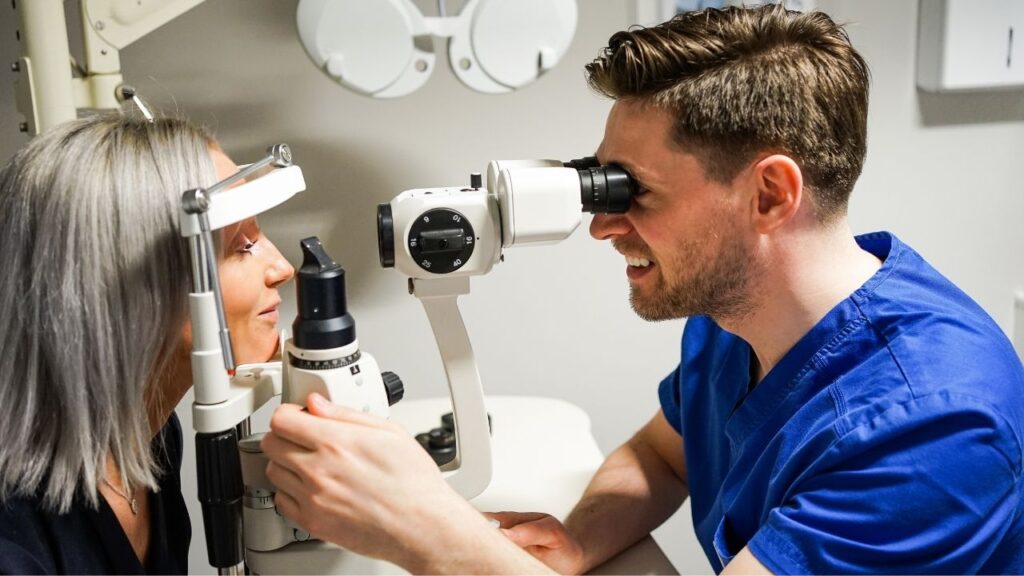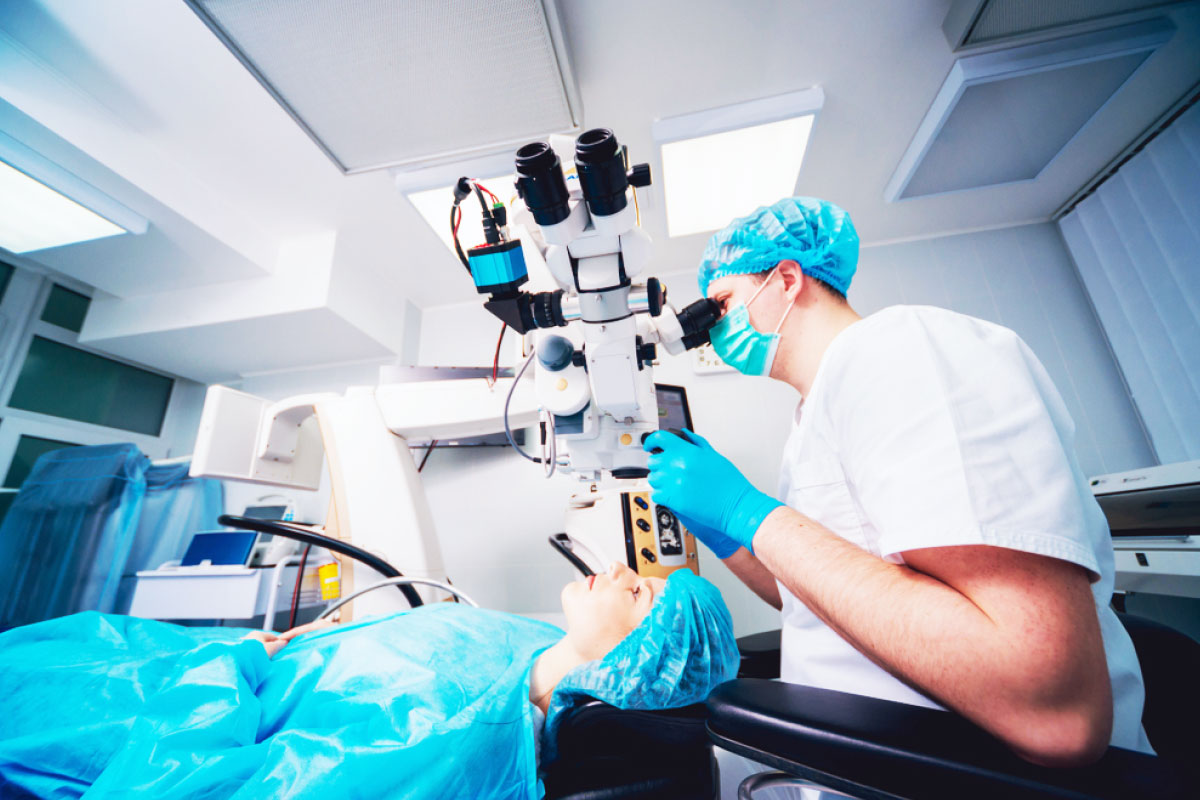Introduction
Your 30s come with a sense of clarity—career, relationships, and lifestyle choices often feel more grounded than ever. But what about literal clarity? If you’ve been living with glasses or contact lenses for most of your life, there’s a good chance you’ve considered ditching them altogether. That’s where laser eye surgery steps in.
Millions of people have already embraced this life-changing procedure, and its popularity keeps growing each year. But why are your 30s especially the right time to make this investment? Let’s explore how this decade offers the perfect blend of readiness, reward, and results.
Why It’s More Than Convenience
Shedding the Glasses and Contacts Routine
Remember the last time you forgot your contact case on a weekend trip? Or when your glasses slipped off during a workout? The day-to-day struggle of managing eyewear is more than just a minor inconvenience—it can actually limit how freely you live.
Laser eye surgery gives you back that freedom. No more lenses drying out on flights or glasses fogging up during a hike. You’re suddenly free to move, sweat, swim, and smile without worrying about your vision tools.
Confidence Reimagined
There’s something powerful about waking up and seeing your reflection clearly. For many people, laser eye surgery boosts confidence—not because glasses are bad, but because being able to see without anything is incredibly empowering.
Want to wear makeup without smudging your lenses? Play sports without special gear? Take spontaneous photos without glare in your glasses? All of that becomes easier, more natural, and more fun.
A Financial Win Over Time
Let’s be real: glasses and contacts aren’t cheap. Between updated prescriptions, frames, lenses, cleaning solutions, and eye exams, you’re probably spending hundreds (if not thousands) every few years.
Laser eye surgery is a one-time investment that pays off over the long haul. Most people find they recoup the cost in 5–7 years—and after that, it’s just clear sailing.
Life Improvements After Surgery
Mornings Without Fumbling
One of the most common things patients say after surgery? “I can’t believe I woke up and could see.” It’s the little things that make the biggest difference—like spotting your alarm clock from across the room, or seeing your child’s face first thing in the morning.
Mental Relief and Emotional Ease
There’s also an emotional weight that lifts. You don’t have to worry about losing your glasses or running out of lenses before a big meeting. That layer of anxiety disappears, and in its place comes peace of mind, better sleep routines, and even a bit more confidence in social settings.
Understanding the Technology & Safety
A Simple Procedure with Smart Technology
Here’s the simplified version: Laser eye surgery (like LASIK) works by reshaping the cornea—the clear front surface of your eye—so that light is focused correctly onto the retina. The laser itself is ultra-precise, computer-guided, and quick.
The whole process usually takes about 15 minutes for both eyes. You’re awake, but numbing drops keep things comfortable. Most people describe it as pressure, not pain.
Safety You Can Trust
Laser eye surgery has been around for decades and has only gotten safer with time. With advancements in eye-mapping, laser precision, and post-op care, today’s procedures have excellent success rates.
The vast majority of patients achieve 20/20 vision or better. And complications? Rare, especially when the surgery is performed by an experienced specialist after a thorough consultation.

When It Makes Sense to Consider Surgery
Why Your 30s Are Ideal
By your 30s, your eyes have typically stabilized—meaning your prescription hasn’t changed much over the last couple of years. That makes you a prime candidate for long-lasting results.
People in this age group are also often more financially ready, health-conscious, and eager to make decisions that improve quality of life. It’s like hitting the sweet spot between youthful resilience and mature decision-making.
Correcting Common Vision Issues
Laser eye surgery is commonly used to treat:
- Nearsightedness (Myopia): You see nearby objects clearly, but distant ones are blurry.
- Farsightedness (Hyperopia): Distant objects are clearer, but close ones are fuzzy.
- Astigmatism: Vision is distorted due to an irregularly shaped cornea.
If any of those sound familiar, it’s worth having your eyes evaluated.
Risks and Considerations
A Balanced Perspective
Every surgery carries some risk, and laser eye surgery is no different. The good news? Serious complications are rare, especially when you’re a good candidate and follow all aftercare instructions.
Possible short-term side effects include:
- Mild dryness
- Glare or halos at night
- Sensitivity to light
These typically resolve within weeks. That said, an honest conversation with your eye surgeon is essential. A thorough eye exam will determine whether you’re eligible and ensure your expectations are realistic.
Conclusion: Invest in Yourself—and Your Future
Your 30s are a decade of momentum. You’re building a career, starting families, traveling more, and carving out the lifestyle you want. Vision plays a massive role in how you experience all of that.
Laser eye surgery isn’t just about seeing clearly—it’s about living clearly.
Imagine waking up with perfect sight, heading out without worrying about lenses, and feeling more present in every moment. That’s not just medical improvement—it’s a life upgrade.
So if you’ve been thinking about it, maybe it’s time to stop wondering and start asking questions. A consultation is the first step to a future where your vision matches your ambition.
